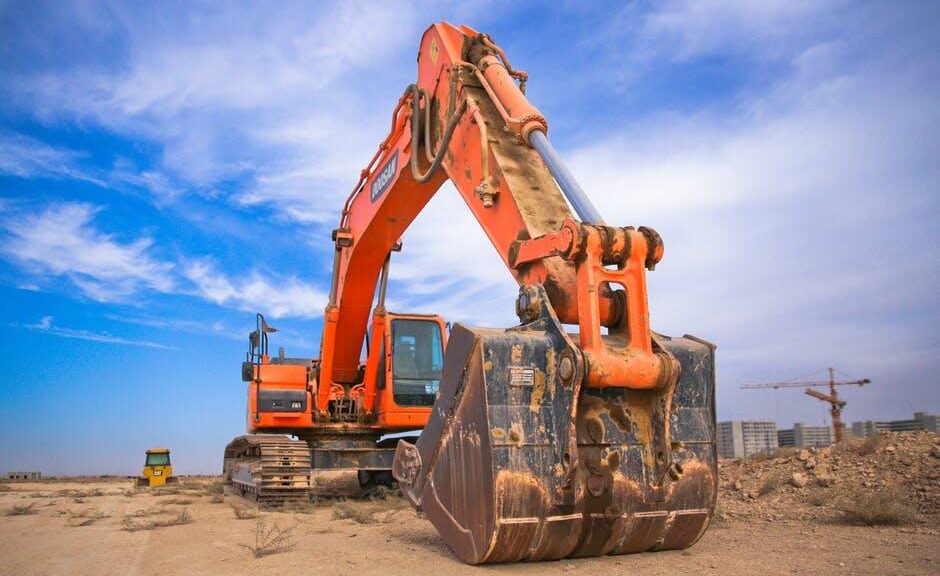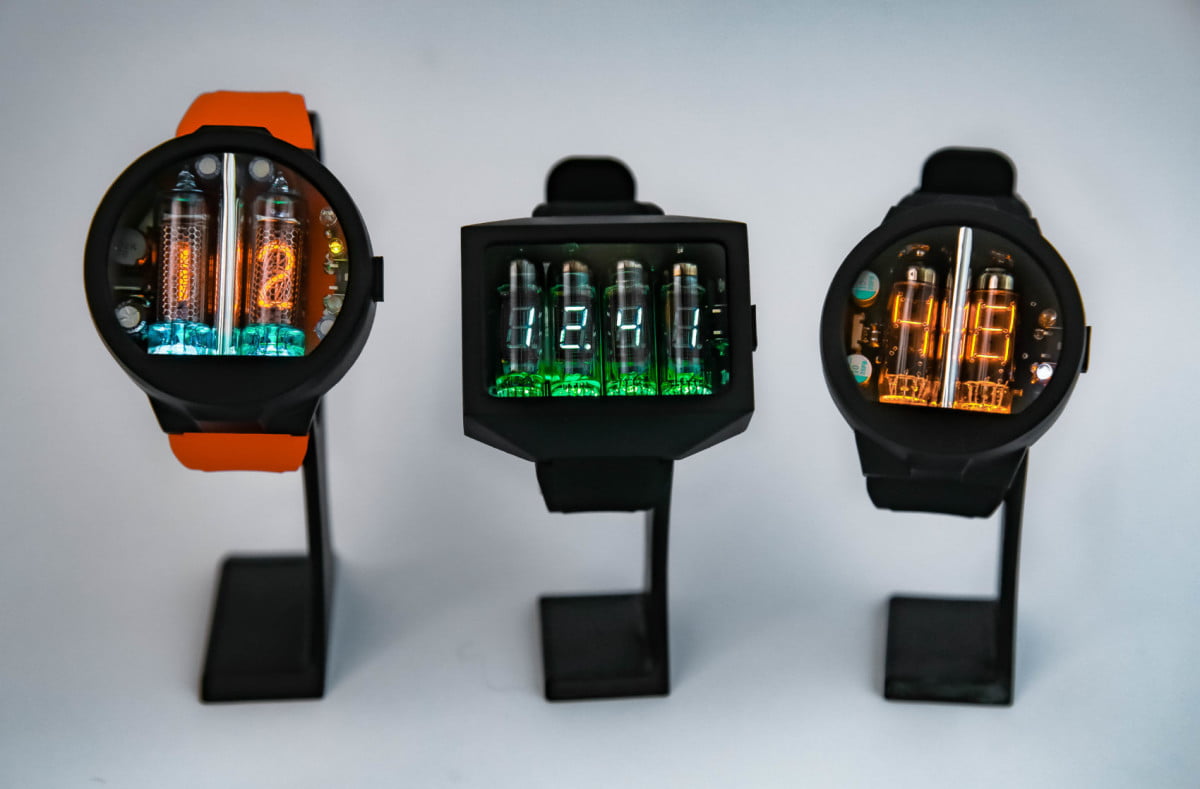
Do you feel like you’re constantly struggling to keep up with the pace of your construction business? Are you spending so much money on equipment cooling that you’re struggling to turn a profit?
If so, you need to start shopping for construction equipment more wisely. Keep reading for the top seven factors to consider when shopping.
1. Cost
One of the most important factors to consider when shopping is the construction equipment budget. It is important to get the most bang for your buck when it comes to the equipment. There are a few things to keep in mind when considering the cost.
Make sure to research the equipment you are interested in. Don’t forget to compare prices from different dealers or sources. You should not be afraid to negotiate and get a quote from the construction equipment supplier.
Furthermore, don’t forget to factor in the cost of repairs. It is also important to consider the cost of fuel and operator training.
2. Size and Weight of Equipment
Some equipment is too large or too heavy for certain tasks. Other equipment may be the wrong size or too light for the job, resulting in inefficiency and wasted time.
The right size and weight of equipment can save you time and money by ensuring that the job is done properly the first time. When considering the size and weight of construction equipment, here are seven things to keep in mind:
The Type of Project
This dictates the type and size of equipment needed.
The Terrain
The terrain will impact what kind of equipment can be used and how it will be used.
The Project Timeline
The timeline of the project will determine how long the equipment needs to be on site.
The Crew Size
It will impact the number of machines needed.
The Equipment Size
This factor will be dictated by the project requirements.
The Weight Capacity
This will need to be matched to the heaviest loads.
The Transportation Requirements
Transportation requirements will need to be considered for both getting the equipment to the job site and moving it around the job site.
3. Applications
Perhaps the most important factor to consider when shopping for construction equipment is the intended application. Construction equipment is most commonly used for digging, lifting, and grading.
However, there is a wide range of specialized equipment available for specific applications, such as trenching, demolition, and road building so it is important to consider what kinds of applications the equipment will be used for before making a purchase.
Heavy equipment dealerships offer a diverse array of excavators, loaders, and tractors tailored to serve specific tasks throughout the construction process. Kubota construction equipment, for instance, consists of a range of reliable solutions for various tasks such as excavation, material handling, and site preparation.
4. Maintenance
Equipment that is not properly maintained can break down, causing costly repairs and downtime. Proper maintenance also helps to extend the life of the equipment.
When considering equipment for purchase, be sure to ask about the maintenance requirements and whether the manufacturer offers a maintenance plan.
Make sure you know how often the equipment will need to be serviced and what type of maintenance will be required. You don’t want to be caught off guard with a hefty repair bill, so ask around and do your research before making a purchase.
5. Portability
If you need to move your equipment frequently or over long distances, portability is an important factor to consider. Some construction equipment is designed to be transported on trailers or other vehicles, while other equipment is designed to be moved by hand.
If you plan to use the equipment on multiple job sites, then you will want to choose easily portable construction equipment. If it is not easily portable, it can add significant costs to the project.
There are many different types of construction equipment, and each has its portability requirements. For example, a backhoe may be easy to transport on a flatbed trailer, but a bulldozer may require special permits and equipment to move.
6. Quality
High-quality equipment will last longer and stand up to the rigors of the job better than lower-quality options. Poorly made equipment can cause problems on the job site, so it’s important to buy from a reputable manufacturer.
Look for equipment that is built to last and backed by a solid warranty. Some manufacturers are known for making durable, high-quality equipment, while others are known for cutting corners. Do your research and be sure to buy from a reputable source.
7. Lifting Capacity
Lifting capacity directly impacts the amount of work that can be done in a given period. If a machine has a high lifting capacity, it can move more material, which means that more work can be completed in a shorter amount of time.
However, if a machine has a low lifting capacity, it will take longer to complete the same amount of work. Therefore, it is important to consider lifting capacity when shopping for construction equipment.
Another factor to consider is the type of lifting you will be doing.
If you are lifting items vertically, you need to make sure that the equipment is designed for that type of lifting. If you are lifting horizontally, you need to make sure that the equipment can handle that type of lifting.
Shop for a Construction Equipment Now
There are a lot of factors to consider when shopping for construction equipment, but these seven are some of the most important.
Keep these in mind when you’re making your purchase and you’ll be sure to get the best possible deal on the right equipment for your needs.
Did you find this article helpful? Check out the rest of our blog for more related content.








